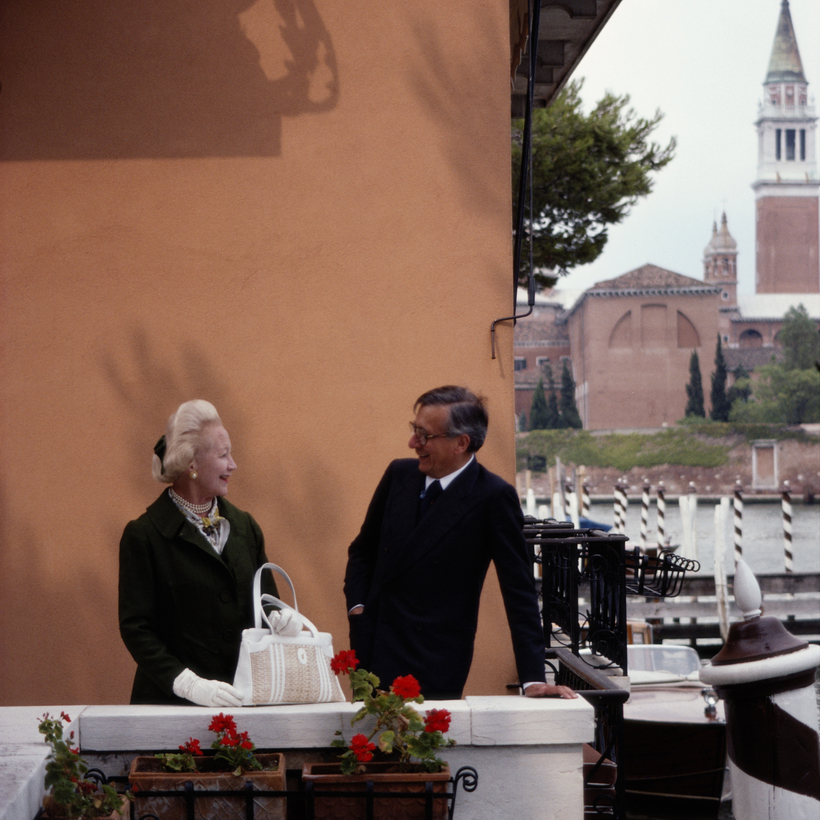Natale Rusconi ran the Hotel Cipriani on the tip of Giudecca, Venice, for more than 30 years and in that time it became one of the world’s most fabled hotels. He ran it like a viceroy or sometimes a warlord rather than a humble corporate employee, arriving in the morning on the hotel’s private launch, which would pick him up from his house on the Zattere in Dorsoduro. Rusconi would stand ramrod straight at the helm of the boat, looking like an admiral about to inspect his fleet.
Under Rusconi the hotel’s giant swimming pool became the social hub of Venice, especially as a favoured few local grandees were also allowed to use it. It wasn’t always like this. When he arrived, he used to call the pool Lourdes because there were so many ancient people huddled in deckchairs around the perimeter, including British colonels missing arms or legs.

